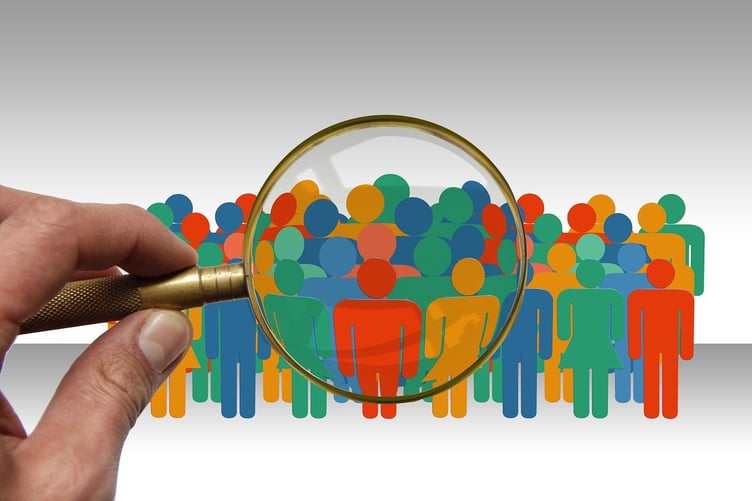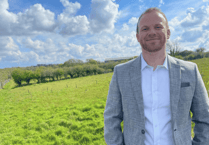It’s all quiet on the western front. The Other Half is at work, and Daughter has gone back to school. The old routine is established, and it’s like summer never happened, especially when I look out of the window to see torrential rain.
Like most kids, Daughter would not admit to looking forward to going back to school. We went in together on Tuesday for an “academic review”, examining the highs and lows of the previous year, and setting goals for the next - namely to try and enjoy science because it’s not going away, and to avoid getting any uniform sanctions (a resolution broken on day 2 with an untucked shirt).
Top of the positive list was Sociology, a new subject for Year 10. This was not an option at my school, back in the 19th century; my closest brush with it was that BT ad starring Maureen Lipman, who claimed her grandson had avoided catastrophe in his A levels because he had an “ology”.
The subtext, of course, was that a sociology qualification wasn’t difficult to obtain and therefore not really worth having – a mere punchline to a joke. Indeed, Daughter suspects some of her classmates have taken it as a “filler” subject – the easy fourth option when nothing else appealed.
She, on the other hand, chose it willingly and is looking forward to it in a way that she really isn’t to, say, geography (which was, in effect, her own filler subject when Religion and World Views didn’t have enough take-up).
Daughter is very interested in how and why people think and act the way they do. Who isn’t? The difference is, not everyone studies it – but I’m starting to think the world might be a better place if we all did.
A quick glance at the news most days leaves me wondering how hard it can be for us all to share a planet in a civilised manner, not only by seeing beyond a “me-me-me” mentality but also by managing our infrastructure in a way that suggests we care about our fellow human beings.
Last week’s publication of the Grenfell report was a case in point. In seven hefty volumes, it eviscerated the successive governments, local authorities and private companies that had contributed to the avoidable deaths of 72 people in a towering inferno that should have been confined to a horror movie.
Words like “incompetence” and “dishonesty” left us in no doubt as to the root cause of the tragedy. The loosening of building regulations, combined with corporate greed and an equally criminal indifference towards the tower’s often vulnerable inhabitants, led to catastrophic consequences. That market freedom and economic success should be placed above cast-iron guarantees for personal safety is truly shameful.
Elsewhere, wars in Ukraine and the Middle East seem some distance from resolution, and would-be immigrants are drowning in the channel on a regular basis in a bid to reach our shores. The French suggest they are motivated by a belief that it will be easy for them to get jobs in the UK – some sections of the British population would doubtless agree with them.
Personally, I despair that people are so desperate to flee sorry lives elsewhere, they are willing to board flimsy boats with their children and cross a busy shipping lane – and, worse, that smugglers will charge them to do so in full knowledge of the dangers.
I’ve heard so many people say it’s enough to make them avoid the news – not something any journalist wants to hear. And the saddest thing is, very little of this is new – we just don’t seem to learn from our mistakes.
In Europe, the far right is on the rise, despite the Second World War is being within living memory for many.
On a recent trip to Ireland, we were frequently reminded in museums of the role of the British in the island’s problematic past, from the potato famine to the Troubles. At times I wanted to apologise, even though these things happened long before I was born, or at least able to influence the decision-making process.
Why is it so difficult for us for us to live together harmoniously? And why do we belittle the study of subjects that would give us some insight into how to do things better?
Back to the school timetable, and in English, Daughter is reading Lord of the Flies, the classic novel by William Golding (a Cornishman, who was born in Newquay and lived off the A39 near Penryn). This story of how a group of children marooned on an uninhabited island descend into despotism and brutality in an excoriating allegory of “adulting”. I’ve never read it, and have suggested we do so together at bedtime.
As Crimewatch presenter Nick Ross used to say: “Don’t have nightmares…”





Comments
This article has no comments yet. Be the first to leave a comment.